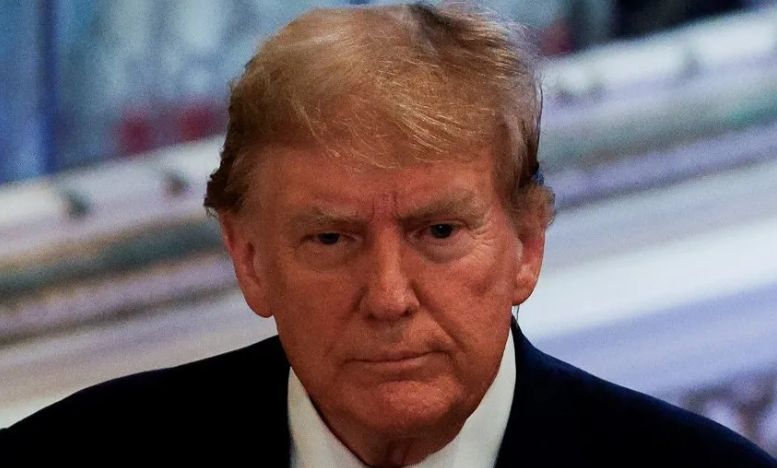Prospective New York City jurors gather for Donald Trump’s hush money criminal trial on Monday, facing the challenge of forming an unbiased jury despite strong opinions about the brash businessman-turned-politician who built his real estate empire in Manhattan. Lawyers for both Trump and the state of New York will question them to uncover biases and potential political agendas before selecting 12 jurors for the trial, which could be the only criminal case Trump faces before the November U.S. election.
Trial lawyer Paul Applebaum, not involved in the case, notes, “There is almost nobody in New York who doesn’t have an opinion about Donald Trump. A lot of people think he’s either Satan incarnate or the second coming of Jesus.” However, having an opinion won’t automatically disqualify a potential juror. Justice Juan Merchan, overseeing the case, indicates he won’t disqualify people solely based on their political leanings.
Melissa Gomez, a jury consultant, emphasizes, “Political orientation is not necessarily a cause for bias, but if it’s so strong that the person will be motivated to convict, that’s a problem.” Trump acknowledges the role of chance, stating, “Jury selection is largely luck. It depends who you get.”
The criminal case marks one of four Trump faces and the first ever for a past or present U.S. president. While a conviction wouldn’t prevent Trump from retaking office if he defeats Democratic President Joe Biden, a recent Reuters/Ipsos poll indicates it could influence voters. Sixty-four percent of registered voters consider the charges at least “somewhat serious.”
Trump pleads not guilty to falsifying business records to cover up an alleged sexual encounter with porn star Stormy Daniels. Trump denies the encounter, but jury selection, likely to take a week, precedes a trial expected to last six to eight weeks.
Random Selection
Potential jurors are randomly selected from voter rolls and state records. Trump has often used his legal issues to rally political support and raise funds, frequently criticizing Merchan and Manhattan District Attorney Alvin Bragg for what he perceives as a plot to thwart his campaign.
The jury questionnaire, approved by Merchan, includes over a dozen questions about Trump. Prospective jurors will be asked about attending Trump rallies, following him on social media, and their opinions on his treatment in the hush money case. Other questions cover professions, education, hobbies, news sources, and affiliations with extremist groups.
Voir dire will narrow down the jury pool through open court questioning, allowing jurors to speak privately with lawyers and the judge if needed. The jury pool remains anonymous due to potential harassment, but lawyers and consultants can access potential jurors’ names to search for bias indicators online.
Both prosecution and defense can disqualify 10 potential jurors each without reason using peremptory strikes. To dismiss others, they must convince Merchan of their inability to be impartial.
Trump’s legal team sought a venue change, arguing he couldn’t get a fair trial in Manhattan, where Biden won nearly 85% of the vote. An appeals court rejected the request. Legal experts warn of the risk of stealth jurors with hidden agendas, particularly in a case with implications for the election.
Trial consultant Jeff Frederick notes, “The political climate in Manhattan seems to favor the government, but it only takes one juror to prevent a conviction.” Trump’s team could leverage campaign data to identify sympathetic demographics, while prosecutors may seek educated, white-collar jurors who consume liberal media.
Despite careful questioning and background research, jury selection ultimately involves luck. Applebaum remarks, “Picking one in this case is going to feel like going over Niagara Falls in a barrel.”

